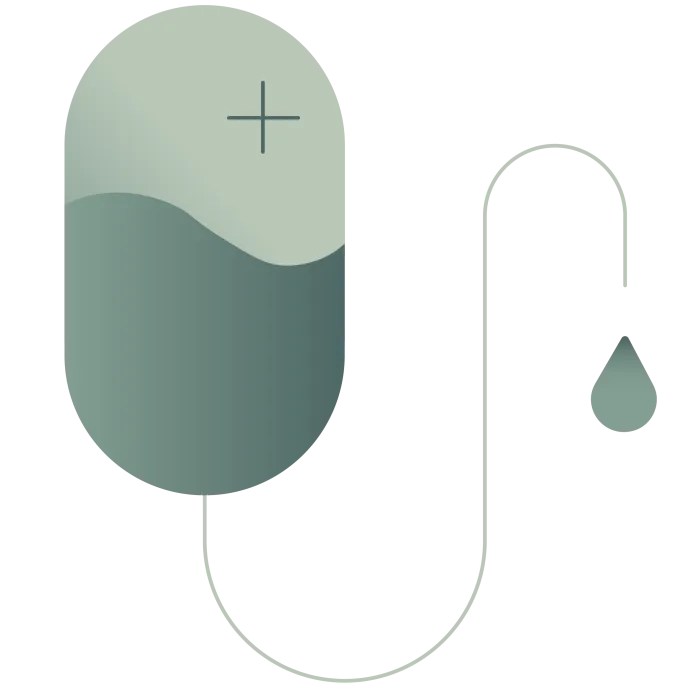Chemotherapy-Patients
Can chemotherapy increase the risk of heart problems?
Yes, some conventional chemotherapy drugs used to treat cancer can increase the risk of heart problems. Heart problems can also occur with newer targeted therapies and with radiotherapy.
What is cardiotoxicity?
Cardiotoxicity is damage to the heart caused by certain cancer treatments or medications. It can occur years after cancer treatment, especially in adults who received anti-cancer treatment as children.
Certain cancer treatments are associated with an increased risk of cardiotoxicity. It is more common in people who have received a specific chemotherapy or targeted therapies. It can also occur in people who have had radiation therapy to the chest area.
Cardiotoxicity can cause the heart to not pump blood around the body as well as it should. In severe cases, it can lead to cardiomyopathy, which is a disease of the heart muscle that makes it difficult for the heart to pump enough blood.
How does cardiotoxicity manifest itself in a chemotherapy patient?
Symptoms of heart problems associated with cardiotoxicity may include
chest pain.
dizziness.
palpitations
shortness of breath (dyspnea).
swelling and fluid retention (edema) in the legs.
How does cardiotoxicity affect your body?
Cardiotoxicity can lead to various heart problems:
Cardiomyopathy.
Heart attack.
Coronary heart disease.
Heart failure.
Heart valve defects.
Irregular heartbeat (arrhythmia).
Fluid accumulation around the heart.
Low or high blood pressure.
Slow heartbeat.
Thickening of the pericardium (constrictive pericarditis).
Who can be affected by cardiotoxicity?
Cardiotoxicity can occur in anyone who receives cancer treatment. It is more likely in people who have taken certain medications or received radiation therapy to the chest area.
It also occurs relatively frequently in adults who received cancer treatment as children. It is difficult to determine the exact rate of cardiotoxicity in adults who received cancer treatment as adults. However, some groups estimate that up to 20% of this population may develop heart problems, with 7-10% having cardiomyopathy or heart failure.
What causes cardiotoxicity?
Certain cancer treatments can cause cardiotoxicity:
Anthracyclines such as doxorubicin (Adriamycin®), chemotherapy drugs commonly used to treat leukemia, lymphoma, breast cancer, sarcoma or multiple myeloma.
Trastuzumab (Herceptin®), a targeted therapy often used to treat breast cancer, gastric cancer, or cancer of the gastroesophageal junction (esophagus) leading to the stomach.
This medication is most likely to cause cardiomyopathy when combined with an anthracycline.
Radiation therapy to the chest, often used to treat breast cancer or leukemia.
What can you expect at your first appointment at our cardiotoxicity consultation?
We can diagnose cardiotoxicity by measuring your heart's pumping function using the left ventricular ejection fraction (LVEF) and assessing the function of your heart valves.
In addition, a strain analysis is performed to detect damage to the heart at an early stage. This analysis is a modern AI-based procedure that must be performed at regular intervals during ongoing chemotherapy. GE's Myocardial work software is the most accurate echocardiographic method for revealing heart damage caused by chemotherapy drugs.
It is important that this analysis be performed before chemotherapy begins. This very first analysis serves as a comparison to detect possible future damage early on and treat it accordingly.
How can we support you in the event of chemotherapy-related cardiotoxicity?
We can advise you, in consultation with your oncologist, to stop certain medications or reduce the dose, depending on the medications you are currently taking.
We can also prescribe medications for you that make your heart work more efficiently, such as:
ACE inhibitors
beta blockers
diuretics
vasodilators
How can you minimize the risk of cardiotoxicity?
Cardiotoxicity cannot be prevented. If you have been diagnosed with cancer, it is important to talk to your doctor about the possible health risks and the benefits of treatment. Adverse reaction management is certainly useful to prepare for possible adverse events.
You can increase your chances of early detection of cardiotoxicity if you have regular cardiac check-ups during cancer treatment. Early detection of heart problems can increase your chances of successful treatment.
Do you need a referral for a consultation with one of our medical experts?
Generally not. However, some health insurance funds may require you to have a referral from your GP. Talk to us about your insurance plan so that the rules of your insurance company can be followed. This way, you can save money and avoid unpleasant surprises.
Why should you consult our medical team of experts as your cardiologists?
Cardiotoxicity can be reversible. Research has shown that cardiotoxicity that occurs after the use of trastuzumab can be reversible. Cardiotoxicity caused by the use of anthracyclines is often not reversible and requires long-term treatment.
Cardiotoxicity caused by chest radiation is also very difficult to reverse and may require long-term treatment or even surgery.
We use a special software from General Electrics (myocardial work for VIVID 95) to detect cardiotoxicity early and treat it as quickly as possible.
